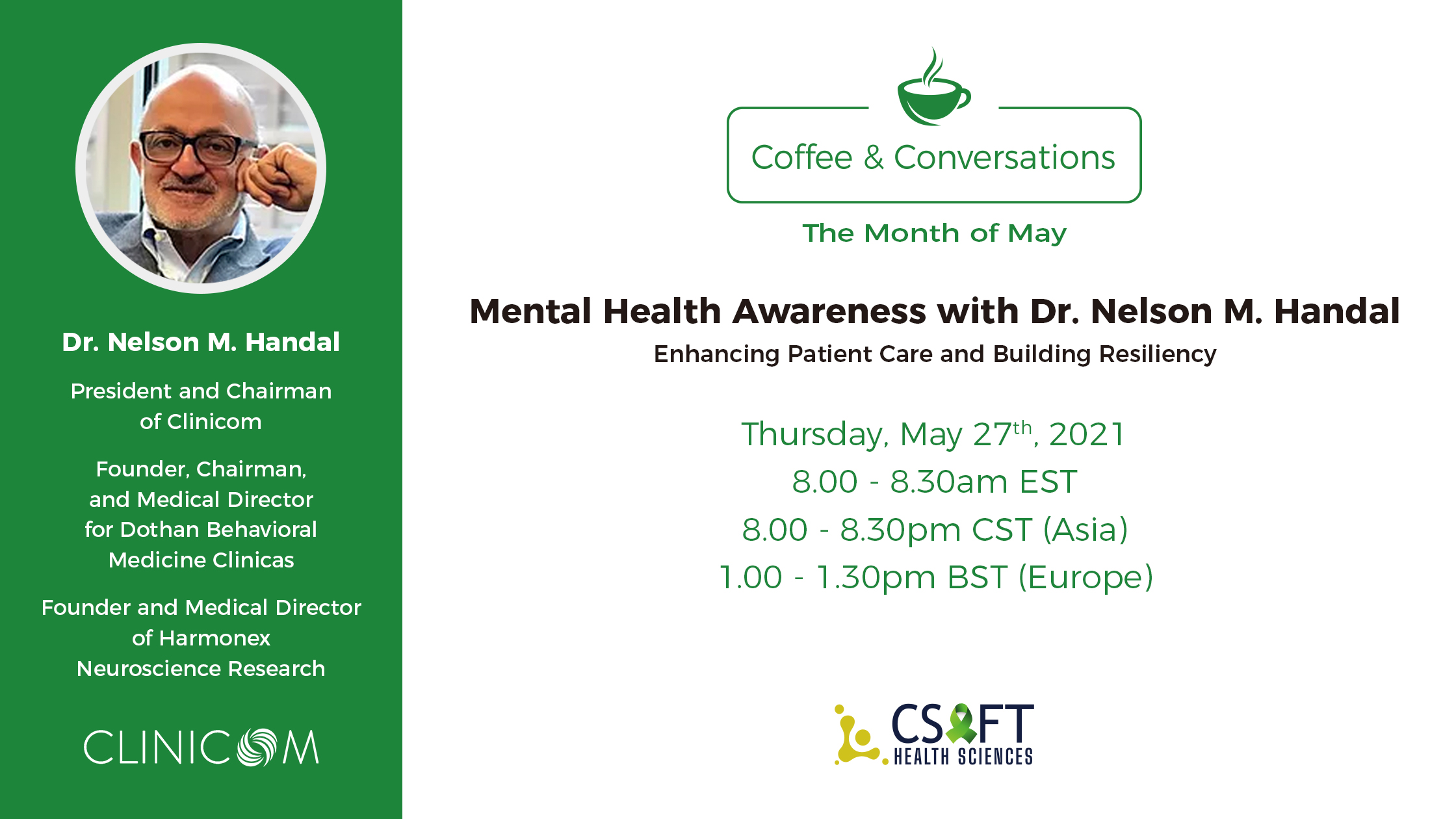Since the COVID-19 outbreak in 2020, there has been a significant rise in cases of mental health issues like stress, depression, and anxiety around the world. In addition to the anxiety surrounding the virus, disruptions in daily lifestyles globally have brought increased strain on mental well-being, including stressors with job losses, lack of physical contact with loved ones, home-schooling, as well as limited mobility with the necessary quarantining measures. From these challenging developments, however, there’s been increased efforts in combatting the rise of mental health issues, as well as the stigma surrounding them. To adapt to the sudden change, mental health resources have shifted to a digital format, which has inadvertently brought a more patient-centric approach to mental health care that is more inclusive and accessible to individuals around the world.
The impact COVID-19 has had on mental health illnesses is complex, to say the least. According to a study conducted by the Kaiser Family Foundation (KFF), in the United States alone, 4 in 10 people reported symptoms of anxiety or depressive disorder during the pandemic, a major spike compared to the 1 in 10 that reported these symptoms in 2019. To make matters worse, with the lockdowns, mandatory social distancing as well as quarantining measures being implemented, 93% of countries around the world reported disruptions in critical mental health services due to the pandemic. The rise in cases, combined with the lack of access and resources available, has illustrated the need for innovation in the mental health sphere.
In response to the pandemic, as well as the rising rates in mental health illnesses, telehealth solutions for mental health care are now more important than ever before. Tools like online therapy programs, apps designed to support patient engagement and communications, videoconferencing platforms for psychiatry and therapy sessions, as well as other innovations in the digital mental health space are paving the way for more inclusive, patient-centric care for patients. In response to the pandemic and sudden need for remote healthcare options, organizations, including the U.S. Department of Health & Human Services and the U.K. National Health Service, have released guidance on conducting telehealth to encourage providers to continue patient care, including mental health despite social distancing measures. As part of these guidance, these agencies have also released some temporary flexibility in regulations for healthcare providers in utilizing popular social platforms like Zoom, TikTok, and Skype, which are not fully compliant with data privacy standards, given the extenuating circumstances of the pandemic. While COVID-19 may have accelerated the implementation of telehealth options for mental health care, it is likely going to be a trend that stays and continues to improve well after the pandemic.
Some companies are already working to change the conversation surrounding mental health, including its diagnoses, treatment, and stigma by creating mental health assessment tools that can be used and implemented virtually or in hybrid settings. CLINICOM is one example of a company working towards optimizing mental health care and treatment through improving the diagnoses process of mental health issues with technology. President and Chairman of Clinicom, Dr. Nelson M. Handal, has advocated for telehealth technologies since the 1980’s, and has led the way for improving the quality of patient care through more accurate diagnoses. CLINICOM offers a HIPAA-compliant assessment tool, which was developed by board-certified psychiatrists, for patients to use on any sort of internet device they may have to streamline the mental health diagnoses process for over 55 different mental illnesses through a comprehensive questionnaire. By offering a secured option for patients to disclose as much information about their situation as they want to, the assessment tool acts as a ‘stigma eraser,’ enabling the patient to feel empowered in taking control of their mental well-being.
With the increase in telehealth options to diagnose and treat mental health illnesses, also brings the need for accurate clinical translation of these new telehealth diagnosing and treatment options that is culturally adapted to the local community. As mental health resources become more popular and accessible via digital platforms, it is crucial to translate the data effectively and accurately to ensure inclusive care for underserved populations. The translated data from these platforms also holds the potential possibility of improving care and education of mental health through more inclusive research for these at-risk populations as well.
This is especially important for tools like the one CLINICOM has created; ensuring that patients are answering culturally equivalent questions that collect the data needed for diagnosing and ultimately treating the patient’s mental health illness. In addition to translating these platforms, it’s also critical for healthcare staff to be updated on cross-cultural terminology to ensure that the symptoms as well as diagnoses align with health workers’ and patients’ so there is mutual understanding. Increasing accessibility of mental health diagnoses and treatment options, especially when provided in multiple languages, can help to combat the stigma surrounding mental illnesses across cultures and borders.
If you’re interested in learning more about the importance of mental well-being and the influence of technological advancements in patient care, be sure to register for our upcoming Coffee & Conversations virtual discussion with Dr. Nelson M. Handal of CLINICOM! Register here.

